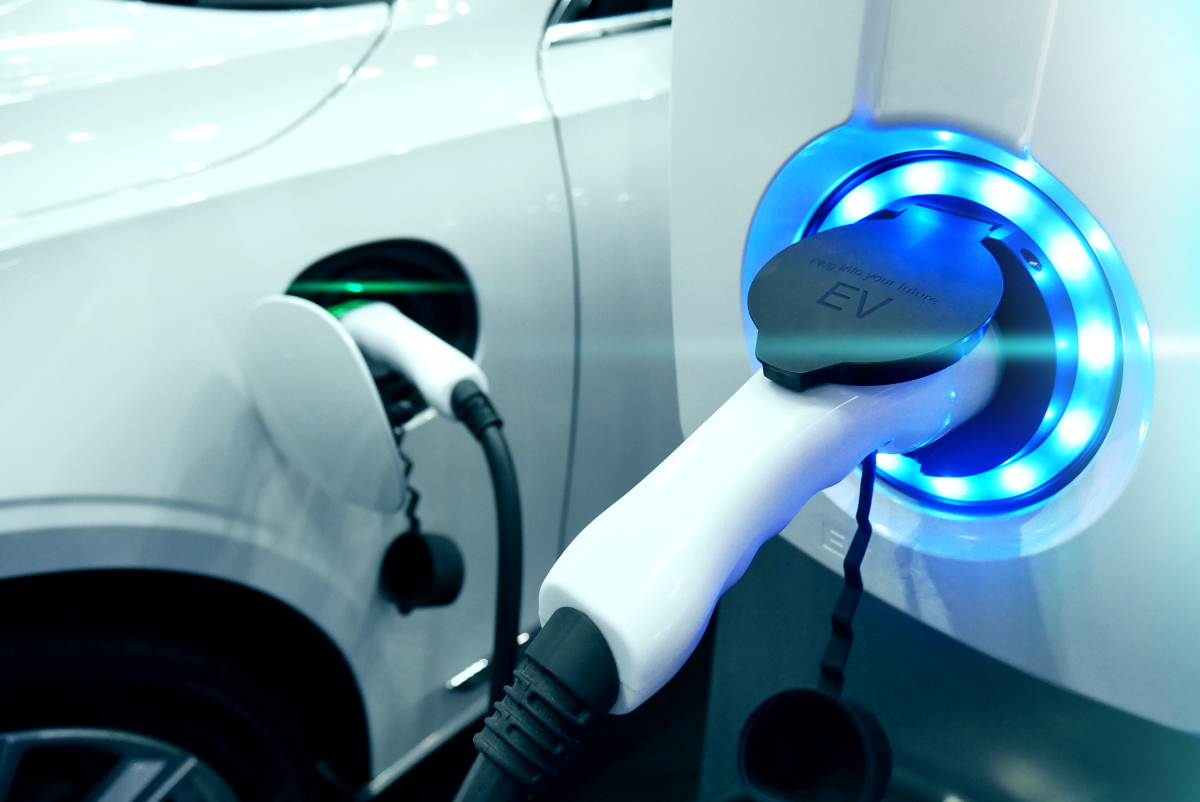Indonesia is well on its way to becoming a significant player in the global EV supply chain. Government initiatives launched over the past years are beginning to bear fruit. According to the International Council on Clean Transportation (ICCT), the Indonesian government has signed partnership deals worth more than $15 bn with international companies like Ford, Hyundai, CATL, and LG for nickel mining, refining, and battery manufacturing in the country since 2020 alone.
Foreign direct investments (FDI) in the country’s manufacturing sector grew from $2 bn to $20 bn in 2023. “EVs and the battery supply chain are putting the spotlight on Indonesia,” said Michael Ignatiadis, the head of manufacturing strategy (Asia-Pacific) at property and management consulting firm JLL. “From mining to recycling, this is a big driver of investments into Indonesia.”
The Southeast Asian country has large reserves of copper, bauxite, and nickel ore, all of which are important for producing lithium-ion batteries and EVs. Indonesia is the world’s top nickel producer, comprising up to 30% of the worldwide production, and its nickel reserves are forecast to last for over 30 years. To draw investors and manufacturers to the country, Indonesia has banned the exports of certain metals and minerals.
For the past 20 years, the demand for lithium-ion batteries has surged due to their use in laptops and mobile devices. This demand will increase further as the demand for EVs and hybrid cars also picks up. The International Energy Agency expects about 70 million EVs to be on the roads globally by 2050. Formularende
Indonesia’s ambitious EV plans
The Indonesian government has the ambitious goal of becoming a developed nation by 2045, and becoming a global EV hub is part of the plan to reach this goal.
In 2019, President Joko Widodo signed a decree that lays out government support for establishing an EV industry in the country. However, Widodo warned that building such an industry could take longer than one or two years because of the need to create a new market.
According to McKinsey, EVs currently have less than 1% penetration in Indonesia but are forecast to reach 6% by 2030. The government has set a target of 2.2 million EV cars and 13.5 million EV motorcycles on the road by 2030.
“As Indonesia is already a major automotive production hub, scaling up production of EVs will not be an issue,” wrote Eastspring Investments in a recent market insight. “In addition, government incentives such as the removal of the luxury tax on EVs in 2024, the waiver of import tax until 2025, and a reduction in the value-added tax on EV sales are aimed at encouraging EV production and sales,” the asset manager added.
The country is well positioned for growth in the sector, giving it is already present in all segments of the EV value chain, from nickel mining to EV production and distribution.
However, as Eastspring points out, good physical infrastructure must be in place to build an integrated end-to-end EV value chain. “To date, there has been satisfactory progress on this front. During President Jokowi’s regime, the number of toll roads, power plants, airports, and seaports increased by 235%, 53.2%, 21%, and 90%, respectively”, the asset manager added.
Investing in Indonesia’s EV growth
To capitalize on Indonesia’s EV boom, investors can consider listed companies directly involved in the country’s EV supply chain. As per Eastspring, Indonesia boasts a solid competitive edge in producing battery materials and has many established companies engaged in 2-wheeler and 4-wheeler manufacturing and sales.
“Auto parts makers, EV manufacturers, and dealers will be the main winners. These three capture 75% of the value chain,” Eastspring said.
The government-supported EV ambitions also led to a boom in initial public offerings (IPOs). The Indonesia Stock Exchange (IDX) hosted 80 IPOs last year, surpassing even Hong Kong, which had 73 companies go public.
Many companies that went public at the IDX in 2023 were metal producers, such as Amman Mineral or Harita Nickel, which raised $709 mn and $672 mn, respectively.
The materials sector was also the driver behind IPO activity in the first six months of this year. Of the 25 companies that have successfully completed their IPOs, seven were from the materials sector.
According to IDX, 28 companies are planning to launch IPOs soon, three of which are in the basic materials sector.










 Australia
Australia China
China India
India Indonesia
Indonesia Japan
Japan Malaysia
Malaysia Philippines
Philippines Singapore
Singapore South Korea
South Korea Taiwan
Taiwan Thailand
Thailand Vietnam
Vietnam
 Germany
Germany Hong Kong
Hong Kong USA
USA Switzerland
Switzerland Singapore
Singapore United Kingdom
United Kingdom






